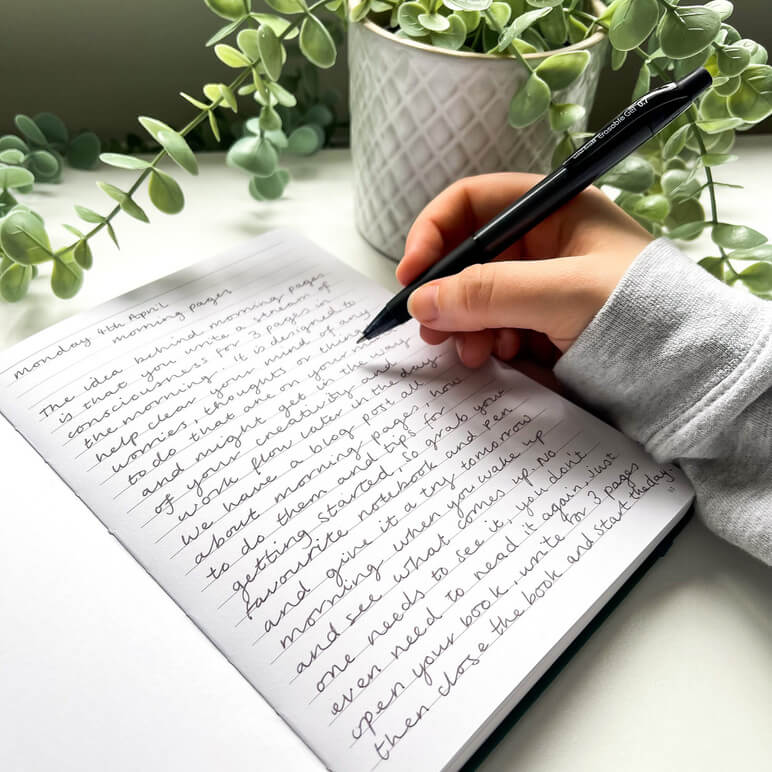In our fast-paced, digital world, finding moments of reflection can be challenging. Yet, one of the most effective ways to slow down, process emotions, and cultivate self-awareness is through the simple act of journaling. Whether you’re scribbling in a notebook, typing on your phone, or doodling your thoughts, journaling offers countless benefits for mental clarity, emotional health, and personal growth.
Why Journaling Matters
Journaling is more than just writing down your day—it’s a tool for self-discovery, stress relief, and creativity. Here’s why you should consider making it a daily habit:
1. Boosts Mental Clarity
Writing helps organize your thoughts. When you put pen to paper, you untangle the chaos in your mind, making problems feel more manageable.
2. Reduces Stress & Anxiety
Expressing emotions through writing can be therapeutic. Studies show that journaling lowers cortisol levels, helping you process difficult feelings and release negativity.
3. Enhances Self-Awareness
Regular journaling allows you to track patterns in your thoughts and behaviors. Over time, you’ll notice triggers, habits, and growth areas you might have otherwise missed.
4. Improves Goal Setting & Accountability
Writing down your goals increases the likelihood of achieving them. Journaling keeps you focused, motivated, and accountable to yourself.
5. Encourages Creativity
Freewriting or stream-of-consciousness journaling unlocks creativity. Without the pressure of perfection, your mind can explore new ideas freely.
How to Start Journaling (Even If You’re a Beginner)

You don’t need fancy notebooks or perfect prose—just a willingness to write. Here are some easy ways to begin:
1. Morning Pages
Popularized by Julia Cameron, this method involves writing three pages of unfiltered thoughts first thing in the morning. No rules, no editing—just brain dump.
2. Gratitude Journaling
Before bed, jot down three things you’re grateful for. This simple practice shifts your mindset toward positivity.
3. Prompt-Based Journaling
Stuck on what to write? Use prompts like:
- What’s weighing on my mind today?
- What’s one small win I had this week?
- What would my ideal day look like?
4. Bullet Journaling
A mix of to-do lists, reflections, and creative tracking. Great for those who love structure with flexibility.
5. Digital Journaling
Prefer typing? Apps like Day One, Notion, or even Notes work just as well.
Make It a Habit
Consistency matters more than perfection. Start with just 5 minutes a day, and let it grow naturally. Some days you’ll write pages; other days, a single sentence. Both are valid.
Final Thought
Journaling is a conversation with yourself—one that fosters clarity, healing, and growth. Whether you use it to vent, dream, or reflect, the act of writing things down is a powerful way to understand yourself better.
So grab a notebook, open an app, and start writing. Your future self will thank you.


